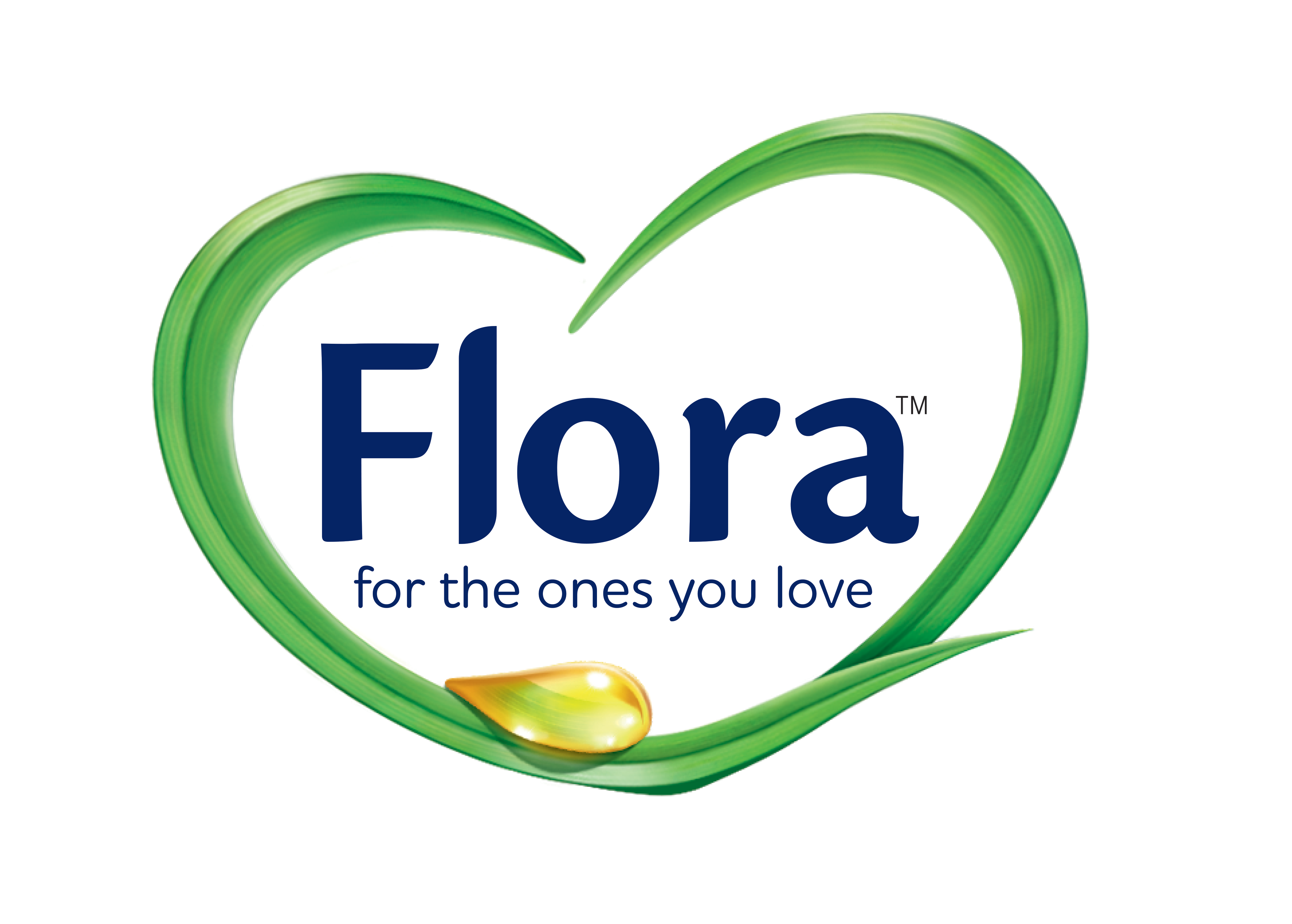-
Why do we need to eat fat?
Fat is also an important part of our diet with the following functions:
- Gives energy to the body (the recommendation is 30% of the total calories a day comes from fat)
- A number of fats and oils provide essential fats.
- Fat carries fat-soluble vitamins to be used by the body (vitamins A, D, E and K)
- Gives satiety after eating
- Provides a better taste for food
-
Why do children need dietary fats?Dietary fats are a fundamental part of healthy diet. Fats are carriers of fat soluble vitamins, contribute to the feeling of satiety after eating, provide energy, enter in the composition of our body cells and serve to make foods more palatable.
-
What is hydrogenation?Hydrogenation is the process by which liquid oils are converted into firmer fats. This process is well established and used all over the world to enable the use of vegetable oil in producing various products The process of hydrogenation is similar to the biohydrogenation, which takes place in the digestive system of ruminant animals such as cows.
-
I’ve heard that it’s best to avoid hydrogenated fats. Why is it?It is only, partial hydrogenation leads to the formation of Trans-Fats which are bad for consumption. However, fully hydrogenated oils hardly contain any trans fats and doesn’t have any health implications.
-
What are the trans “fatty acids”?Trans fats are the worse fatty acids among the different fatty acids. These are created naturally in the intestine of ruminants such as cows. Trans fats raise the bad (LDL) cholesterol levels and lower good (HDL) cholesterol levels making it more negative for proper health.
-
Are saturated fats bad?Yes, the saturated fat needs to be limited. WHO recommendation is to restrict energy intake from saturated fats, not more than 10% from the daily energy intake.
-
To reduce the saturated fats intake, is it not better to avoid any source of saturated fats, including spreads?No. It is important to minimize “bad” saturated fats intake and at the same time provide enough beneficial “good” unsaturated fats. Therefore, it is better to use fat spread than butter.
Beside use of spread, it is important to avoid foods high in saturated fats such as full fat dairy foods including butter and cheese, fatty meat products, biscuits, cakes and deep fries. Spreads are made of a healthy blend of vegetable oil, contain less saturated fats than butter. In addition, spreads are a source of Vitamins A, D for which there are not many alternative sources in the daily diet. -
What are unsaturated fats?Unsaturated fat helps to maintain a good LDL cholesterol level if you follow a healthy balanced diet low in saturated fats. There are two main types of unsaturated fat, monounsaturated and polyunsaturated.
-
Why use spreads instead of just the oils?Spreads are source of good fats & contains Vitamins. Spreads also deliver less calories than vegetable oils, hence is the healthier option than oils.
-
Why do they say the oils in Margarine/spreads contain no cholesterol?Margarine/spreads are made with plant and seed oils which naturally do not contain cholesterol. Butter is fat derived from animals and contains cholesterol.
-
Is palm oil bad for the body?Palm is just another oil as coconut oil. Coconut oil actually have more saturated fat than palm as well. They are both very stable for cooking vs other oils in the market and has a higher melting point. Palm oil specifically also has a higher shelf life as an oil than coconut and while in coconut fungus like carcinogenic aflatoxin can form if they are processed quickly there is no such risk for palm oil as palm goes into the oil process right after it is plucked.
-
To reduce the saturated fats intake, is it not better to avoid any source of saturated fats, including spreads?No. It is important to minimize “bad” saturated fats intake and at the same time provide enough beneficial “good” unsaturated fats. Therefore, it is better to use fat spread than butter.
Beside use of spread, it is important to avoid foods high in saturated fats such as full fat dairy foods including butter and cheese, fatty meat products, biscuits, cakes and deep fries. Spreads are made of a healthy blend of vegetable oil, contain less saturated fats than butter. In addition, spreads are a source of Vitamins A, D for which there are not many alternative sources in the daily diet. -
Are they naturally available or added?Spreads contain Vitamin A, D, which are fat soluble vitamins which are added for fortifications as per requirement of the country.
-
What is Upfield?We are the largest plant-based product company. Our vision for a “Better Plant-based Future” drives positive change in people’s health, their daily lives and our planet’s sustainability. We are the #1 producer of plant-based spreads globally, with iconic brands FLORA, RAMA, BLUE BAND, PROACTIV, BECEL, and COUNTRY CROCK. Consumers know and love our brands. We are a growth company: We continually pushing the boundaries to extend our authority in the industry and to enable our pursuit of a better plant based world.
-
Is Upfield present in any other countries than Sri Lanka?Upfield sells products in over 95 countries, has operations in 69 countries, and 17 manufacturing sites throughout the world. With over 3,000 Associates that are passionate foodies that apply their passion, performance and care to enable a “Better Plant-based Future” for all.
